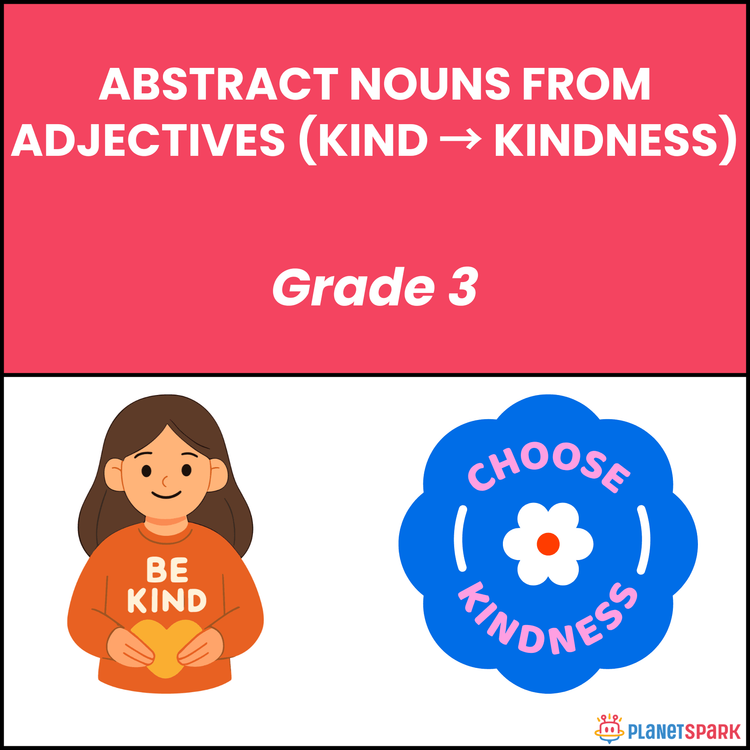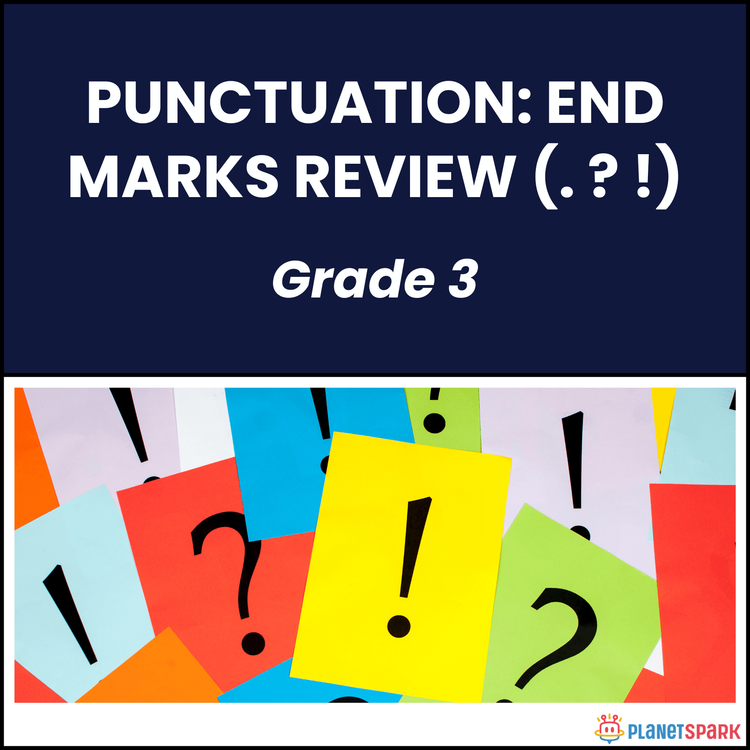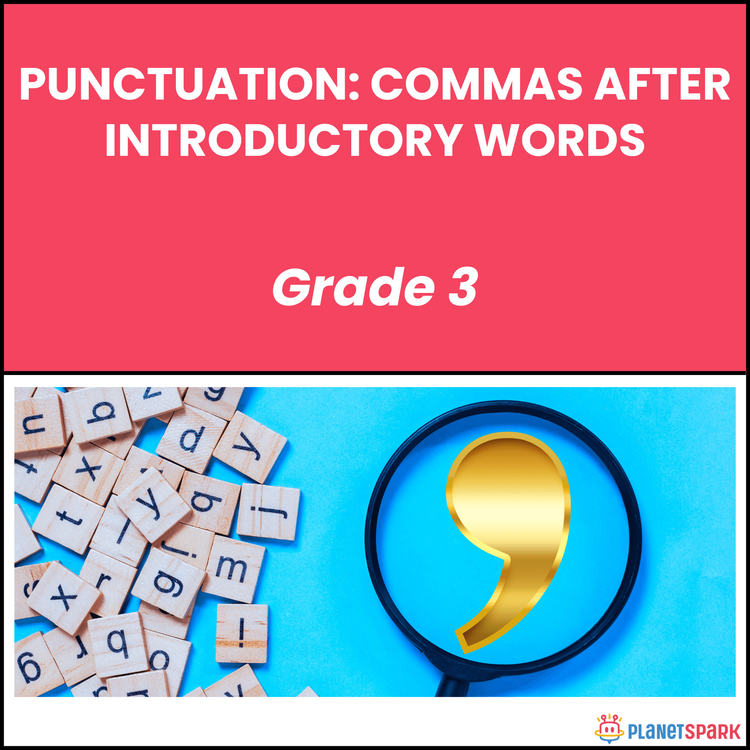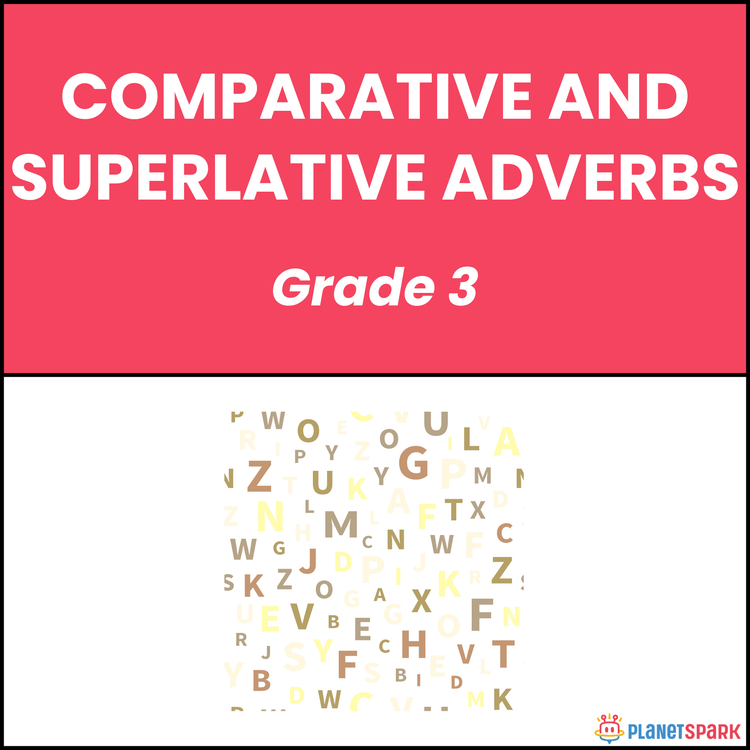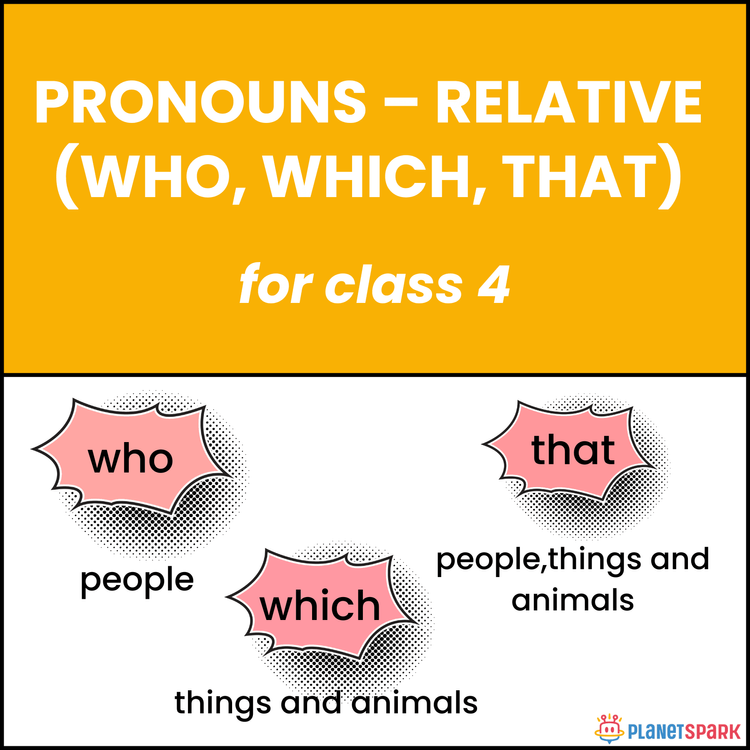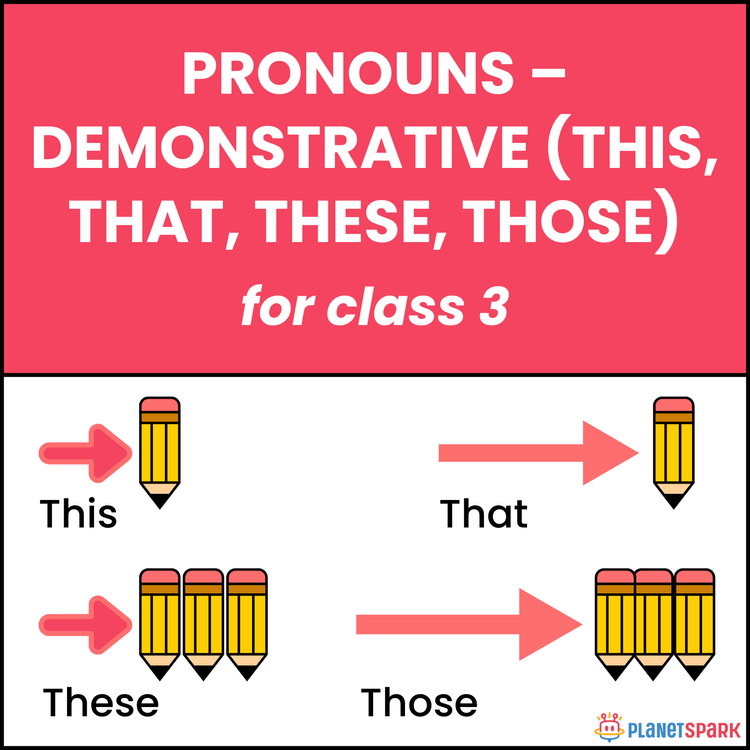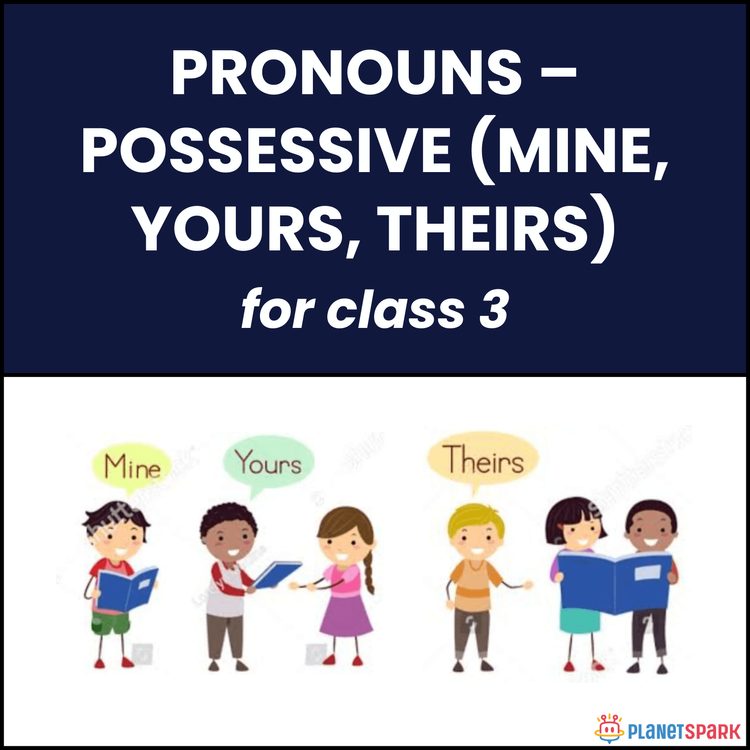Class 3 Worksheet on Subject Verb Agreement Rules
Class 3EnglishEnglish GrammarFree DownloadPDF
Ranjana PathaniaVisit Profile
I am an educator with over 10 years of teaching experience across CBSE schools, specializing in English, Science, Hindi and History from pre - primary to class 10 and NTT (nursery teachers training) students. A TESOL-certified professional with qualifications in LL.B, B.Ed, and M.Ed, I currently empowers students as a Public Speaking Coach at PlanetSpark, nurturing confident communicators.
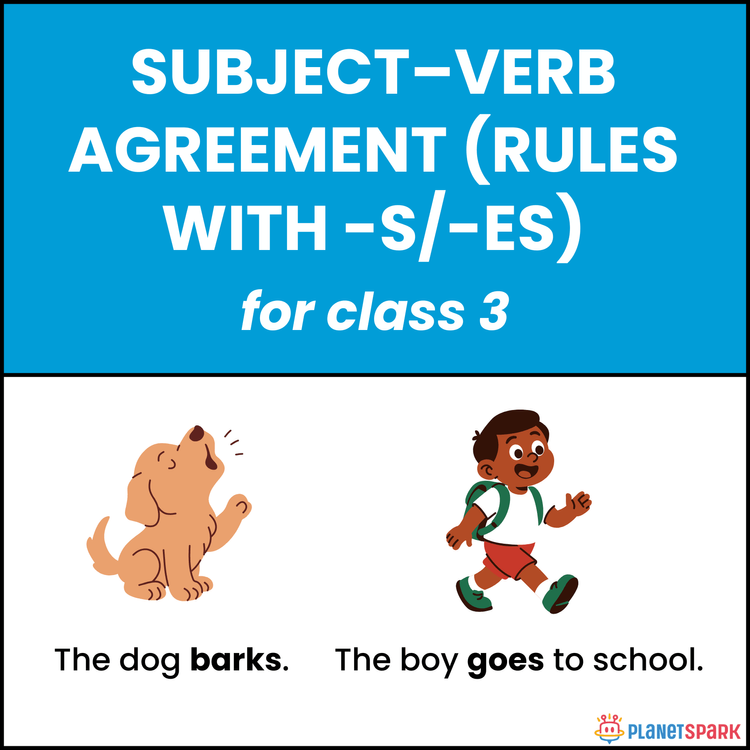

Class 3 Worksheet on Subject Verb Agreement Rules
Class 3EnglishEnglish GrammarFree DownloadPDF
Ranjana PathaniaVisit Profile
I am an educator with over 10 years of teaching experience across CBSE schools, specializing in English, Science, Hindi and History from pre - primary to class 10 and NTT (nursery teachers training) students. A TESOL-certified professional with qualifications in LL.B, B.Ed, and M.Ed, I currently empowers students as a Public Speaking Coach at PlanetSpark, nurturing confident communicators.
Smart Sentences: Subject–Verb Agreement with -s/-es for Class 3
This Class 3 worksheet helps learners apply subject–verb agreement rules with *-s* and *-es*. By practicing verbs like *plays, goes, watches,* and *teaches*, children strengthen their ability to form grammatically correct sentences in both speaking and writing.
Why Subject–Verb Agreement Matters in Grammar?
Correct subject–verb agreement makes communication clear and accurate. For Class 3 learners, this skill is vital because:
1. It builds accuracy in daily speaking and writing.
2. It prevents mistakes like “They watches cartoons” instead of “They watch cartoons.”
3. It teaches how singular subjects take verbs ending in -s/-es.
4. It prepares children for advanced tenses and grammar structures.
What’s Inside This Worksheet?
This worksheet includes five scaffolded activities that build strong grammar habits:
🧠 Exercise 1 – True or False
Students check if verbs with -s/-es are used correctly. Example: “He plays cricket after school.”
✏️ Exercise 2 – Multiple Choice Questions
Students choose the correct subject–verb agreement form. Example: “She sings a song in the assembly.”
📋 Exercise 3 – Fill in the Blanks
Students complete sentences with the correct verb form. Example: “The teacher teaches lessons clearly.”
📝 Exercise 4 – Underline & Rewrite
Students replace repeated nouns with pronouns and correct verbs. Example: “Ravi plays. Ravi plays cricket daily.” → “Ravi plays. **He** plays cricket daily.”
📖 Exercise 5 – Paragraph Writing
Students fill in missing verbs with correct -s/-es endings in a real-life passage.
✅ Answer Key (For Parents & Educators)
Exercise 1 – True or False
1. True
2. True
3. True
4. True
5. True
6. False
7. True
8. True
9. False
10. True
Exercise 2 – Multiple Choice Questions
1. He plays cricket every Sunday.
2. They go to the park after lunch.
3. She sings a song in the assembly.
4. Ravi writes a letter to his uncle.
5. The children watch cartoons on TV.
6. My teacher teaches us English daily.
7. The boys run quickly after class.
8. She reads a storybook at bedtime.
9. The goalkeeper catches the football.
10. Mother washes the clothes every day.
Exercise 3 – Fill in the Blanks
1. She does her homework daily.
2. The birds fly in the sky.
3. My brother plays chess in the evening.
4. The teacher teaches lessons clearly.
5. My sister plays the piano daily.
6. We eat sweets during Diwali.
7. The bus stops at the stop.
8. The boy drinks milk every night.
9. My friends run in the park.
10. Ravi goes to the library often.
Exercise 4 – Underline & Rewrite
1. Ravi plays. Ravi plays cricket daily. → Ravi plays. **He** plays cricket daily.
2. The teacher teaches. The teacher teaches maths. → The teacher teaches. **She** teaches maths.
3. My sister sings. My sister sings loudly. → My sister sings. **She** sings loudly.
4. The boy runs. The boy runs to school. → The boy runs. **He** runs to school.
5. The girl reads. The girl reads storybooks. → The girl reads. **She** reads storybooks.
6. The bus stops. The bus stops at the corner. → The bus stops. **It** stops at the corner.
7. My father works. My father works in Delhi. → My father works. **He** works in Delhi.
8. The dog barks. The dog barks at strangers. → The dog barks. **It** barks at strangers.
9. The child watches. The child watches cartoons. → The child watches. **He/She** watches cartoons.
10. The player kicks. The player kicks the ball. → The player kicks. **He** kicks the ball.
Exercise 5 – Paragraph Writing
On a school day, the teacher **teaches** maths on the board and the students **write** answers in their books. Riya **sings** songs in the music class, and Raj **plays** cricket with his friends. My mother **makes** tea in the kitchen while father **watches** the news on television. The shopkeeper **sells** fruits in the basket, and the children **eat** sweets after lunch. The bus **stops** at the stop, and the boy **does** the homework neatly.
This worksheet makes subject–verb agreement practice interactive and fun, giving children the confidence to write and speak without errors.
🔖Book a free trial!
Frequently Asked Questions
Sentences with collective nouns like "The team is playing" often cause confusion.
By reading short stories aloud and pausing to check if the verb matches the subject.
